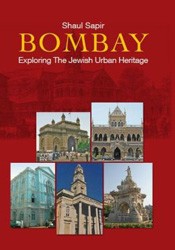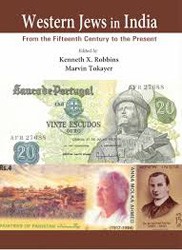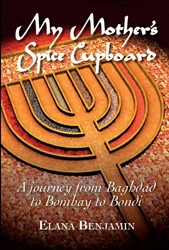By
– September 1, 2011
In this insightful and lucid book, Professor Kumaraswamy traces the paradoxical relationship between India and Israel from the 1930’s when Mahatma Ghandi expressed his passionate opposition to the establishment of a Jewish state in the Middle East to the present day when Israel and India have forged strong commercial and military bonds.
For more than forty years, until India established diplomatic relations with Israel in 1992, India’s foreign policy concerning Israel was “filtered through an Islamic prism” and ranged from indifference to hostility, depending on world events, including the Sinai campaign and the Cold War, during which India was allied with the Soviet Union. The collapse of the Soviet Union combined with India’s “great power aspirations” has changed the focus of her foreign policy and drawn hercloser to both the United States and Israel. I
n a concise, yet fact-filled and highly readable exposition of the history of the last eighty years, Kumaraswamy presents the views of the many personalities who impacted the policies of India, the West, the Arab states, and a succession of Zionist and Israeli leaders. India’s Israel Policy is essential reading, for anyone who wishes to gain an understanding of “Realpolitik” in a non-Eurocentric world. Bibliographic references, index.
For more than forty years, until India established diplomatic relations with Israel in 1992, India’s foreign policy concerning Israel was “filtered through an Islamic prism” and ranged from indifference to hostility, depending on world events, including the Sinai campaign and the Cold War, during which India was allied with the Soviet Union. The collapse of the Soviet Union combined with India’s “great power aspirations” has changed the focus of her foreign policy and drawn hercloser to both the United States and Israel. I
n a concise, yet fact-filled and highly readable exposition of the history of the last eighty years, Kumaraswamy presents the views of the many personalities who impacted the policies of India, the West, the Arab states, and a succession of Zionist and Israeli leaders. India’s Israel Policy is essential reading, for anyone who wishes to gain an understanding of “Realpolitik” in a non-Eurocentric world. Bibliographic references, index.
Peter L. Rothholz headed his own Manhattan-based public relations agency and taught at the Business and Liberal Arts (BALA) program at Queens College. He lives in East Hampton, NY and Santa Monica, CA and is a frequent contributor to Jewish publications.




